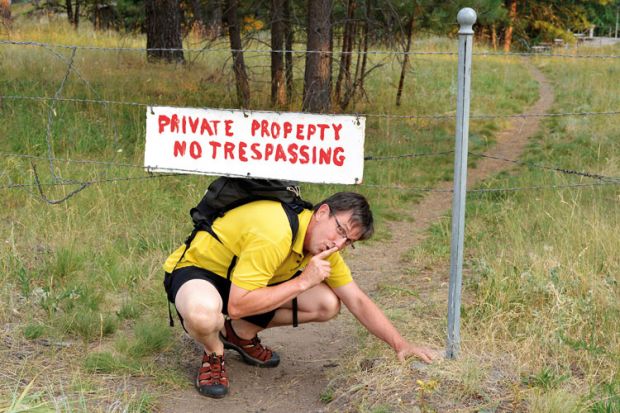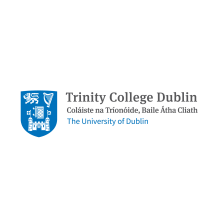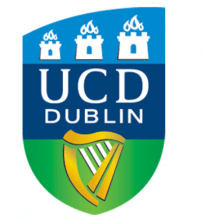Two papers have recently been retracted after authors included the work of more junior researchers without their permission, highlighting concerns about use of early career academics’ research by senior scholars.
In one case, the co-author of an article about pathogens in plants included a figure “extracted from the Master thesis of a former student working under his supervision, without the prior consultation or consent of this student”, according to the retraction notice issued by Plos Pathogens.
The named co-author concerned, Patrice Dunoyer, a director of research at the Institute of Plant Molecular Biology at the University of Strasbourg, did not respond to an enquiry asking why this information was included, nor did the corresponding authors. A spokeswoman for the journal said that it could not provide further details of the case.
However, a post on the post-publication peer review site PubPeer under the name of Patrice Dunoyer says that he had become aware he had “used a figure that was not meant to be published”.
The paper, originally published in 2013, also contained another mistake, although the retraction notice, issued at the end of last month, maintains that despite the errors the original conclusions were valid.
In another case, a paper about assessing the risks of pesticides leaching into groundwater was retracted by the editor-in-chief of the journal Environmental Monitoring and Assessment because the authors “did not have permission (implicit or explicit) to publish the data used to validate the model”.
A spokeswoman for Springer, which publishes the journal, confirmed that the data had come from Sarah McManus, a former PhD student at Trinity College Dublin, and that it had been notified by one of her colleagues, although declined to elaborate further on the retraction. The retraction notice says that Dr McManus’ unpublished PhD thesis had been cited in the paper but that the data in question “was not contained” in the thesis.
The paper’s corresponding author Enda Cummins, a senior lecturer in the School of Biosystems and Food Engineering at University College Dublin, did not respond to a request for comment before Times Higher Education’s press deadline, nor did Dr McManus. Both of the retraction cases were highlighted by the Retraction Watch website.
While there is no suggestion in either case that there was any deliberate attempt to steal the students' work, and although only in the first case does it appear that the author taught the student whose information was used, the cases come against a wider background of concern about the use of students’ data by senior colleagues without permission.
Brian Martin, professor of social sciences at the University of Wollongong and author of an article on the issue, said: “Unfortunately, there are many cases in which researchers take data or text from their students or assistants with little or no consultation.”
“No one knows how common this is; it is one of the least studied forms of academic exploitation,” he added.
In a 2013 paper, Professor Martin included numerous anonymous examples of PhD students who had shared their stories.
“Peter, a PhD student, made a discovery, which he eagerly shared with his supervisor. Six months later, his excitement turned to dismay and disgust when he spotted a recent article. His supervisor had published the results without even mentioning Peter's role,” says “Countering supervisor exploitation”, which was published in the Journal of Scholarly Publishing.
The paper advises students to clarify authorship issues early on, and expose those who use their work without credit. It also suggests a rather more “devious” option – to add in plagiarised material or factual mistakes to catch out anyone using the material.
POSTSCRIPT:
Print headline: Papers used students’ work ‘without consent’
Register to continue
Why register?
- Registration is free and only takes a moment
- Once registered, you can read 3 articles a month
- Sign up for our newsletter
Subscribe
Or subscribe for unlimited access to:
- Unlimited access to news, views, insights & reviews
- Digital editions
- Digital access to THE’s university and college rankings analysis
Already registered or a current subscriber?









